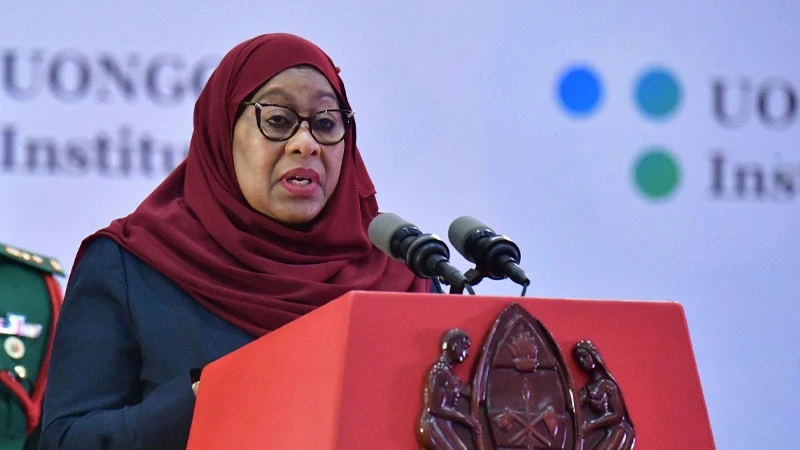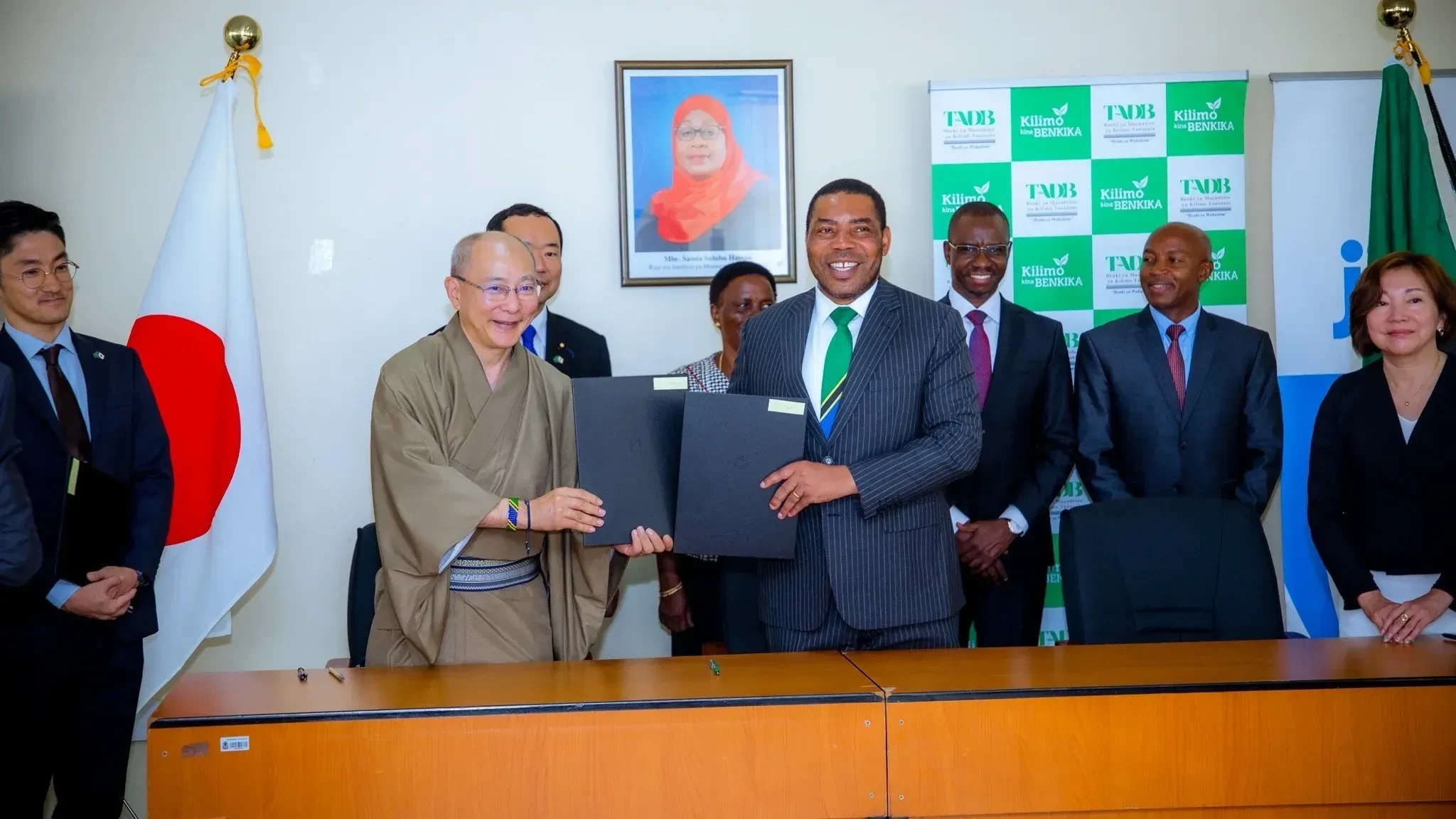PPP viable alternative way for growth in many sectors

HEALTH sector partnership is progressively reaching higher levels, what with Mwanza city’s Tanzanite Hospital forging a US$5 million pact with an Indian medical franchise, ES Health (Africa).
The arrangement was facilitated by the Tanzania Investment Centre (TIC), which implies that it arose from a series of ‘business to business’ meetings.
These encounters will have been made possible by the government in general and the centre in particular, both locally and during visits by President Samia Suluhu Hassan near and far.
This particular one is a private to private partnership in the health sector, with numerous professional engagements already organised with top medical franchises abroad, most noticeably from India and the United States.
One condition upon which such partnerships can work is that hospitals be treated as enterprises setting their own charges or prices and be free to make projections on earnings across the year.
If a private medical franchise teams up with another, as in this case, that is medical business being arranged – and it should not be upset in its feasibility by impositions of treatment pricing of a ‘one size fits all’ in the sector.
That is precisely a big worry in the sector at present: whether private hospitals will be run as such, that is, competing on their own framework and not by conforming to state-imposed margins.
What is more assuring is that joint ventures are becoming a bit common of late – and that is a gateway to proper development, by widening the field of capital input into the economy.
The usual way that investment administrators think about is having an investor with a bag full of foreign currency coming to look for land to set up a project.
That would be an overly protective model which leaves state-run firms intact and having no desire to buy local firms.
Partnership is midway between bond holding and direct investment, as it pegs the value of an investment, say, the US$5 million stated in the ES Health pact, to performance by a local medical enterprise – much like buying shares.
The link would facilitate the installation of modern equipment and the deployment of specialists, boosting the provision of quality health services and largely widening the choice whoever would be seeking quality medical care could possibly find.
There is need for more hospitals in our country to have facilities, supplies and skills comparable to those to be found in Dar as Salaam-based facilities like the Muhimbili Orthopaedic Institute (MOI) or the Jakaya Kikwete Cardiac Institute (JKCI).
What is rather falsely described as medical tourism also needs to relate to a wider array of institutions able to take in visitors.
And, going by the speed, zeal and momentum of current initiatives, this is likely to be the case sooner rather than later.
That speaks volumes about medical sector development and regional leadership in that sector and in other aspects as well, as ability to absorb investments profitably is absolutely vital.
In that case, the significant input in this project isn’t just that the partnership is likely to cut the number of Tanzanians seeking medical services abroad.
Rather, it is also that it would likely reinvigorate the medical sector alongside inviting foreign investments and wider representation of international firms or agencies into the country.
That is why the interests of the private medical sub-sector should not to be compromised by clients of state agencies going for top-notch treatment in private hospitals as if no such public health care options are available. This boundary line merits the respect it demands.
Top Headlines
© 2025 IPPMEDIA.COM. ALL RIGHTS RESERVED

















